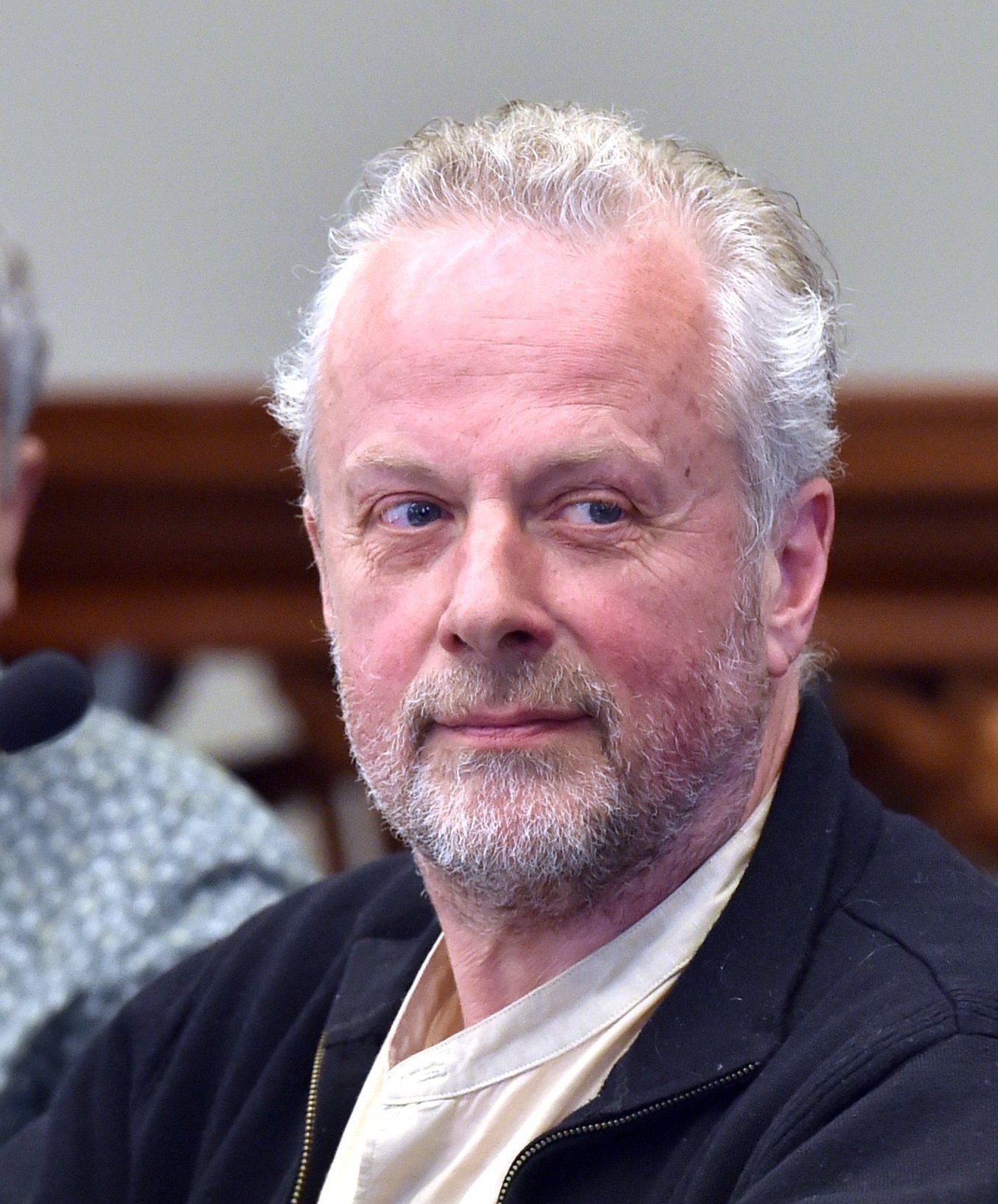
‘‘Dunedin citizens are very suspicious of the DCC and for good reasons,’’ Cr Lee Vandervis said.
‘‘The real stumbling block is that the Dunedin public just don’t trust the DCC to organise a decent sale process or to spend the proceeds wisely.’’
Cr Vandervis labelled the 1998 sale of the Waipori electricity generation scheme as rushed and there was soon a resale, and then the ‘‘999-year ‘lease’ to Trustpower for everything possible around Mahinerangi’’.
Those thoughts were contained in an email to Dunedin City Holdings Ltd (DCHL) chairman Tim Loan and a few other people on June 3, which was the same day the Otago Daily Times had reported on some misgivings DCHL had about a public hearing the previous month.
‘‘As a board, we have serious concerns that some of the information presented by the public has been factually inaccurate and, in some cases, misleading,’’ Mr Loan had said.
In the end, a public backlash against a sale proposal was too strong for the council to push past and the idea was dropped in September.
The ODT requested correspondence about the proposed sale under the Local Government Official Information and Meetings Act.
At the end of May, Cr Sophie Barker asked for clarity about expected increasing debt for Aurora.
In his response, DCHL chief executive Peter Hocking listed figures of $42 million, $24m and $30m for the three financial years to 2027.
Earlier in May, there was an exchange between Crs Barker and Vandervis about debt limits.
This related to a point of order at the hearing by Cr Steve Walker after Cr Vandervis had talked about the council’s group debt ceiling and said ‘‘we’re at our debt ceiling now’’.
Despite there being about $300m of room under the cap at the time, Dunedin Mayor Jules Radich did not uphold the point of order and said ‘‘we are heading towards our debt ceilings’’ and ‘‘it is budget that we will hit the debt ceiling’’.
Cr Barker commented in an email the calling of the point of order had been correct.
Cr Vandervis expanded on the subject in reply.
Debt limits needed to be compared with future spending commitments already budgeted and a graph was clear about where the debt line would be in 2026, he said.
This was needed to finance urgent Aurora expansion in Central Otago, he said.
Cr Vandervis said ‘‘debt denial’’ by ‘‘spendthrift councillors’’ was a concern to him as chairman of the finance and council-controlled organisations committee.
Cr David Benson-Pope asked in May about company insurance cover, such as for earthquakes.
This led to a reply from Aurora chief executive Richard Fletcher, who said the company had material damages and business interruption insurance cover for network substations.
However, some items could not be insured, such as poles, wires and switchgear in the field.
Arrangements for a July 1 workshop were also discussed.
This was run to give DCHL an opportunity to reply to the public feedback, and for presentation of material by consultants.











